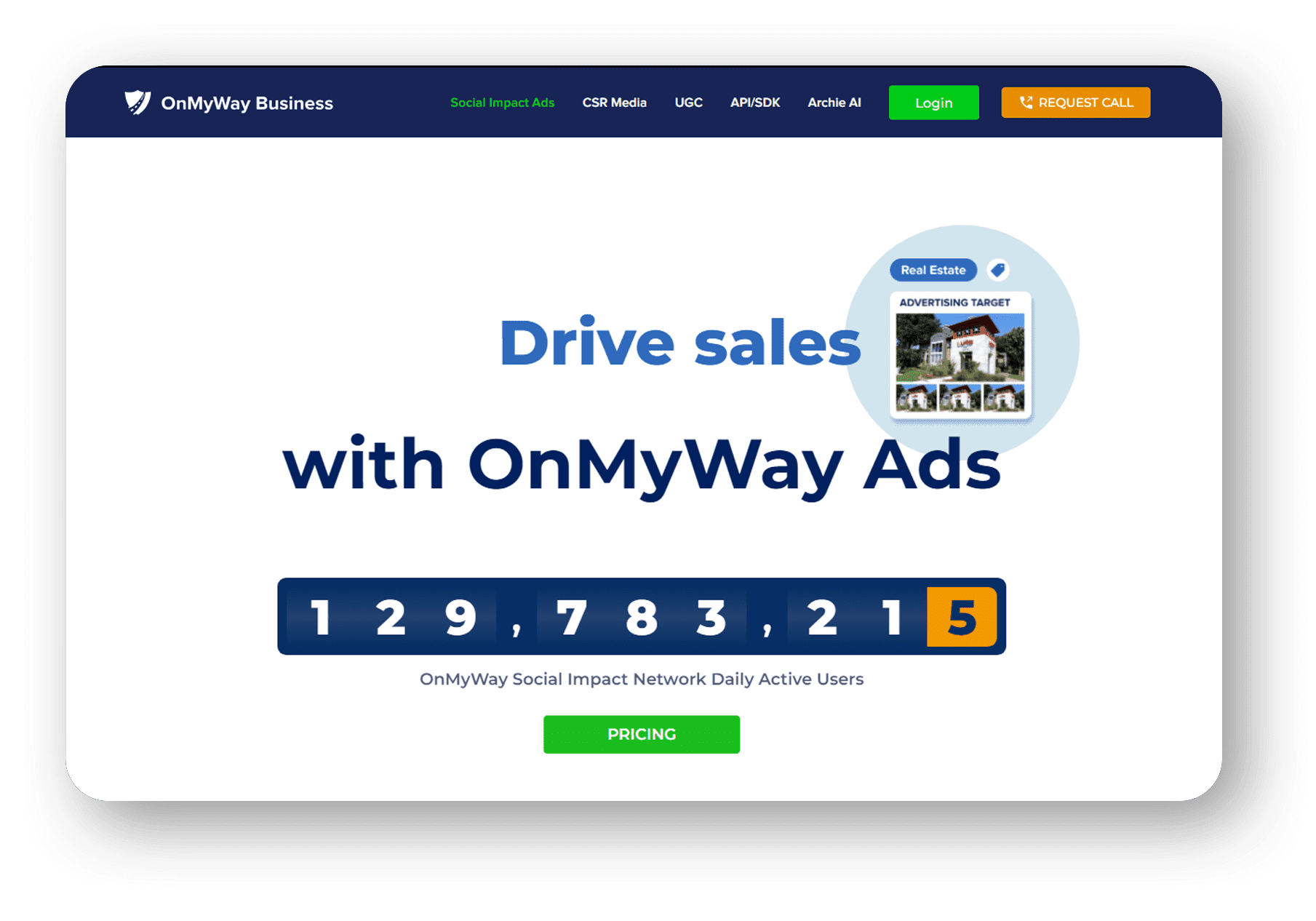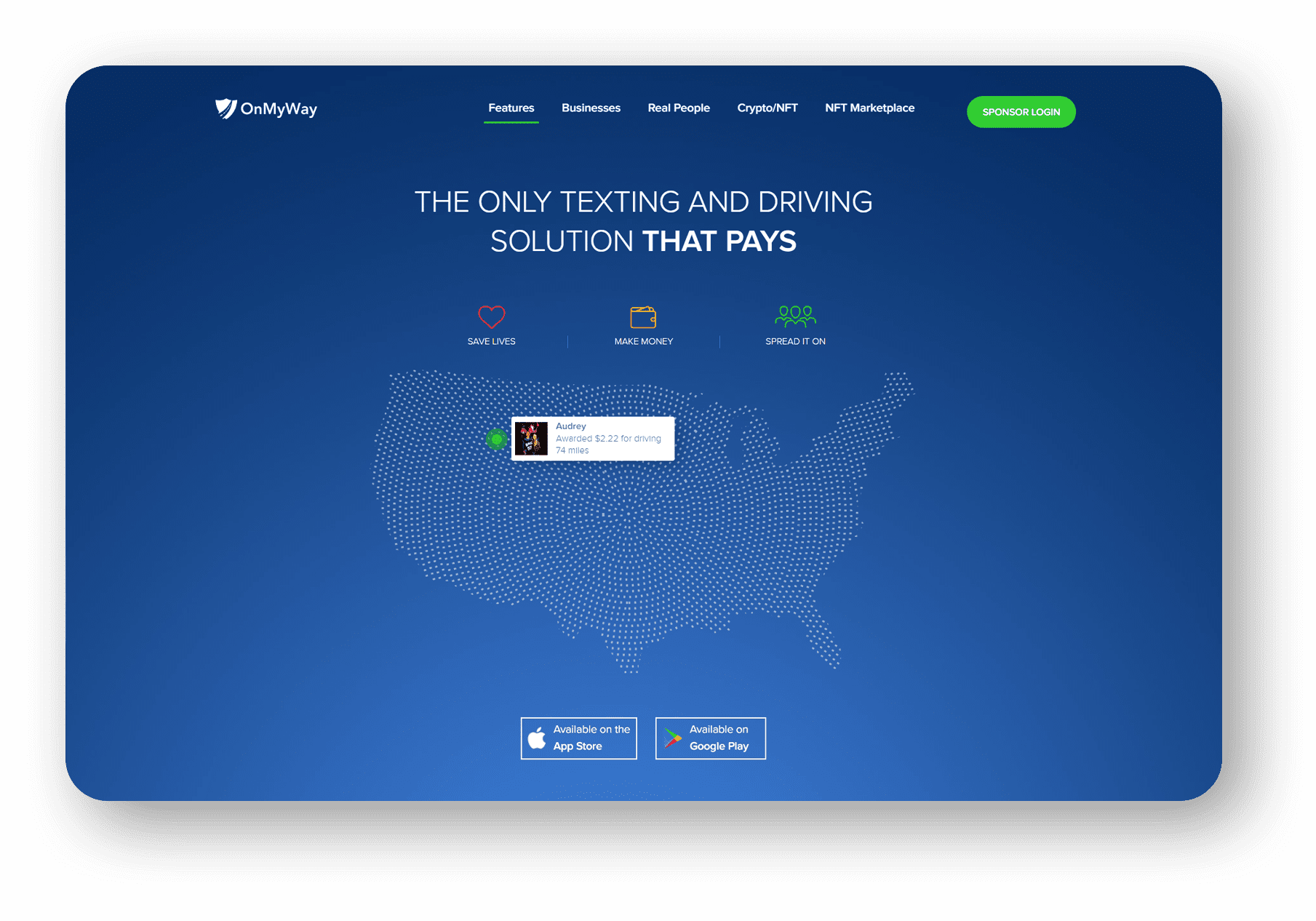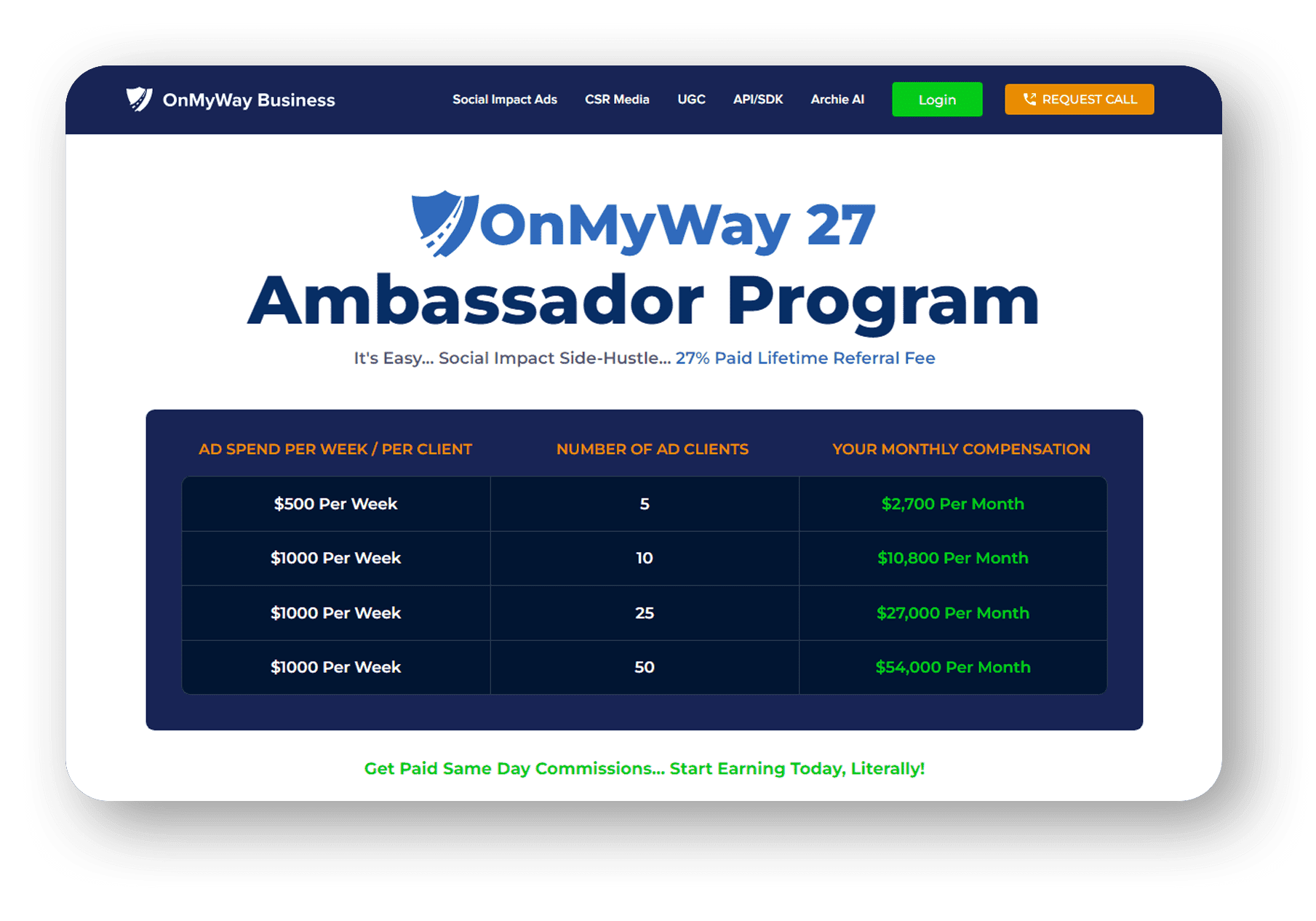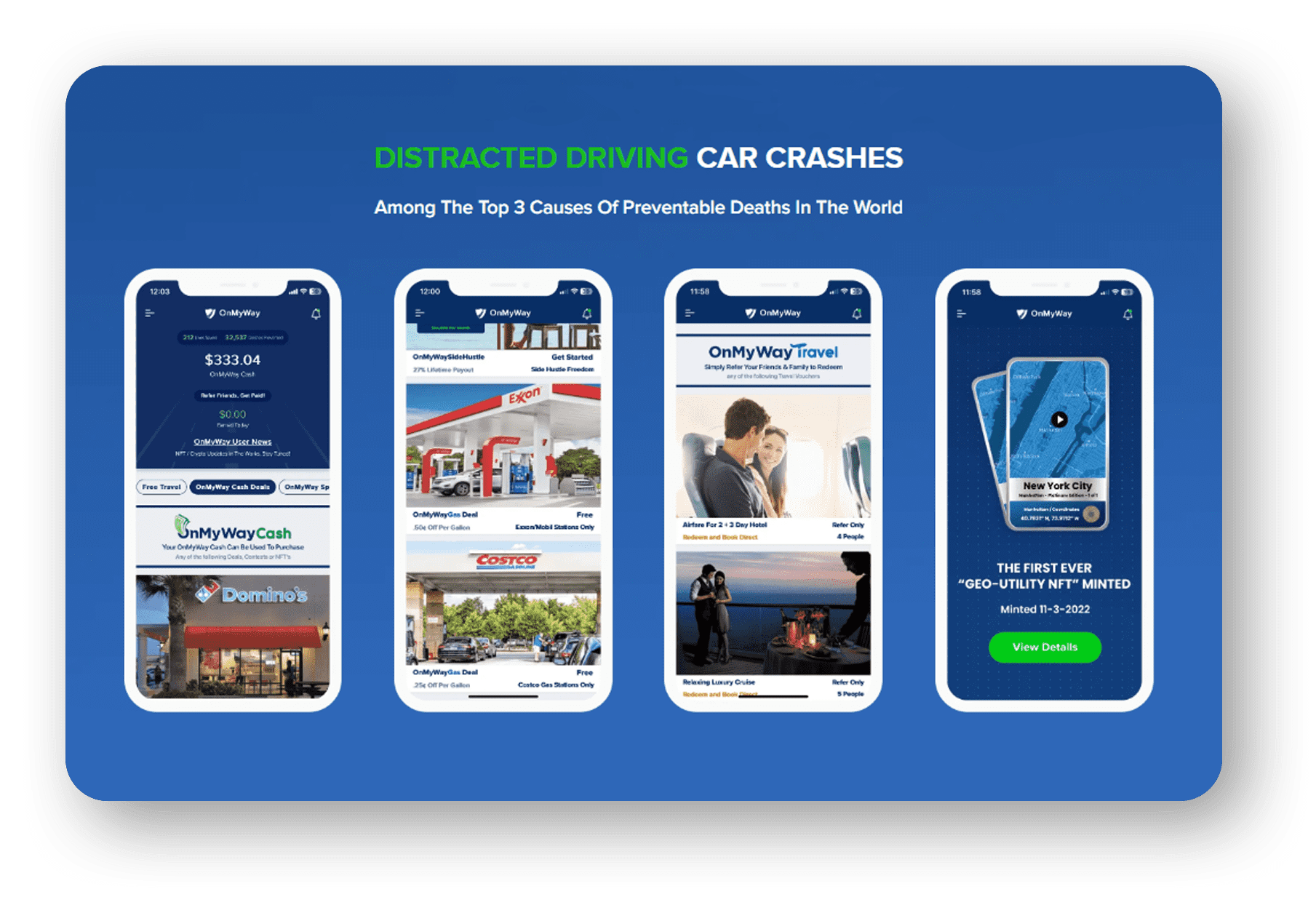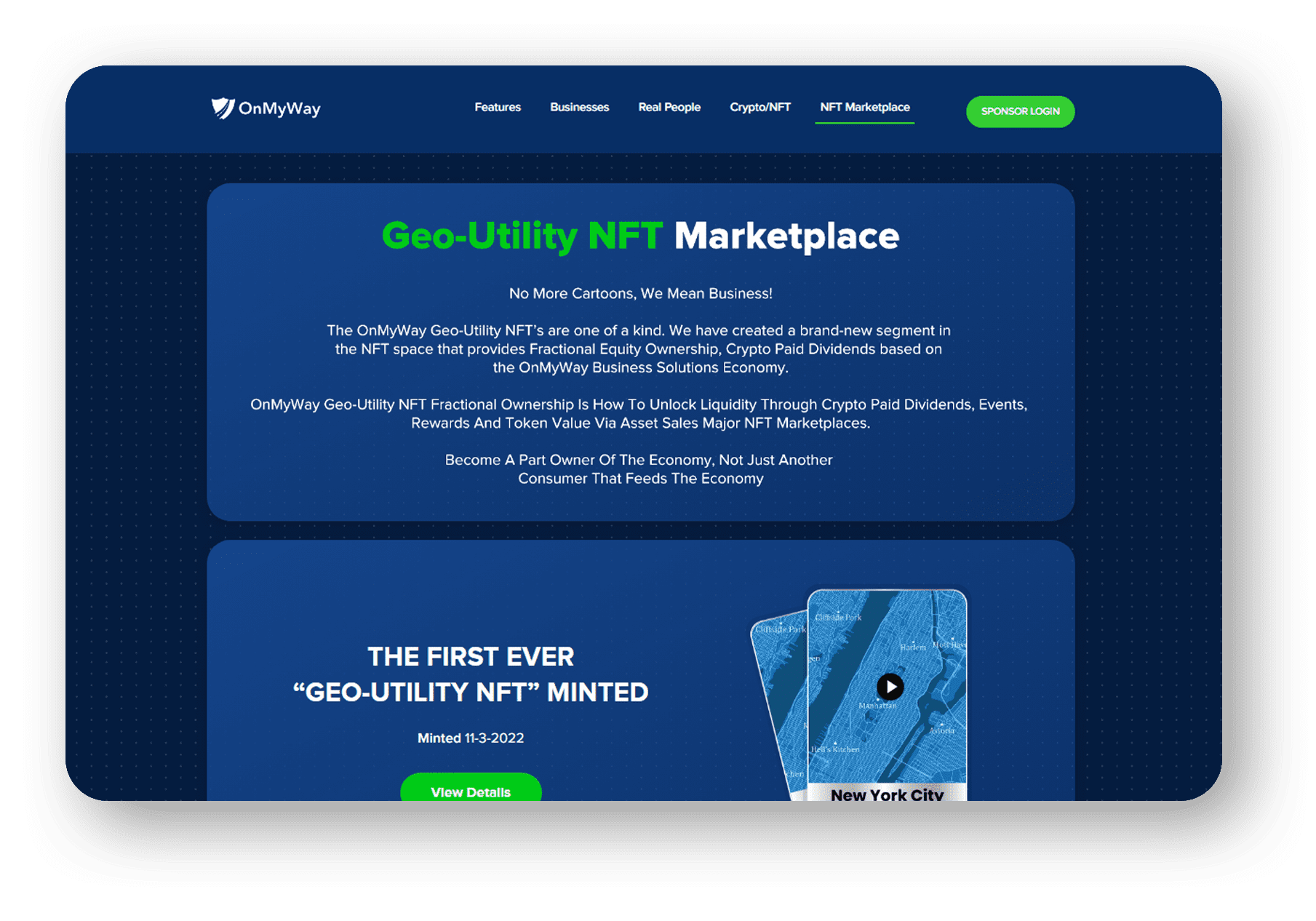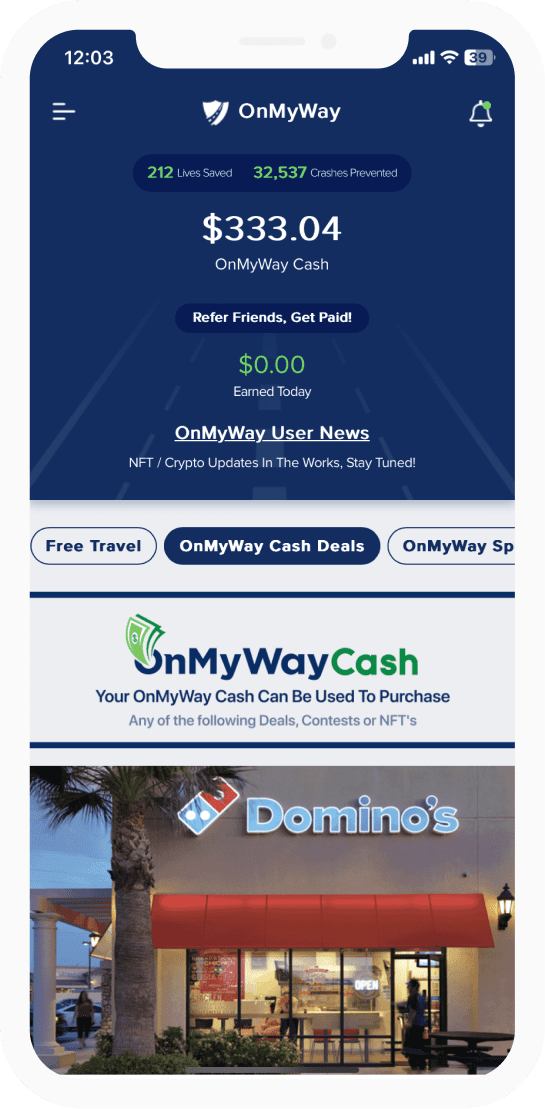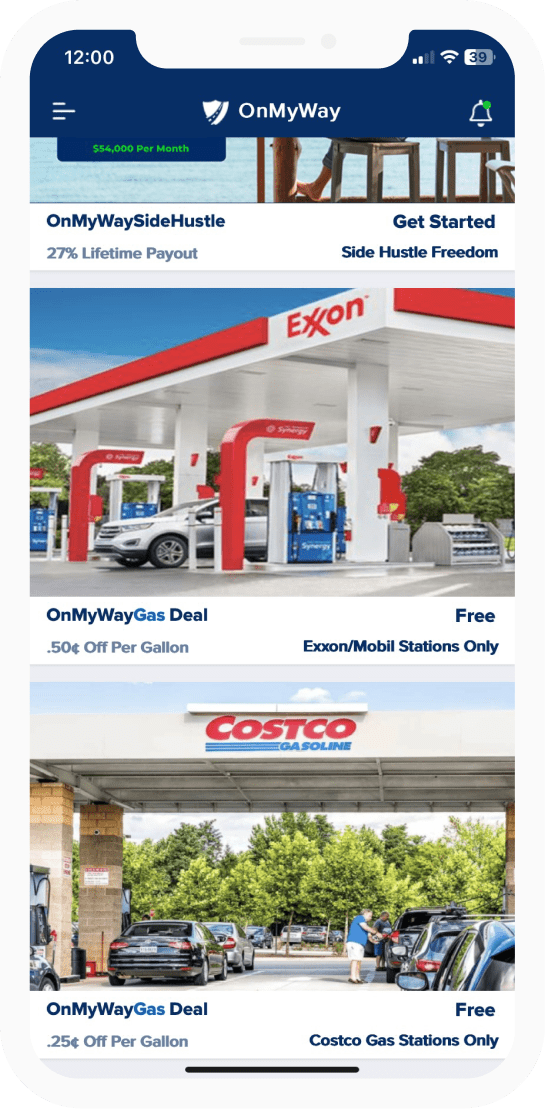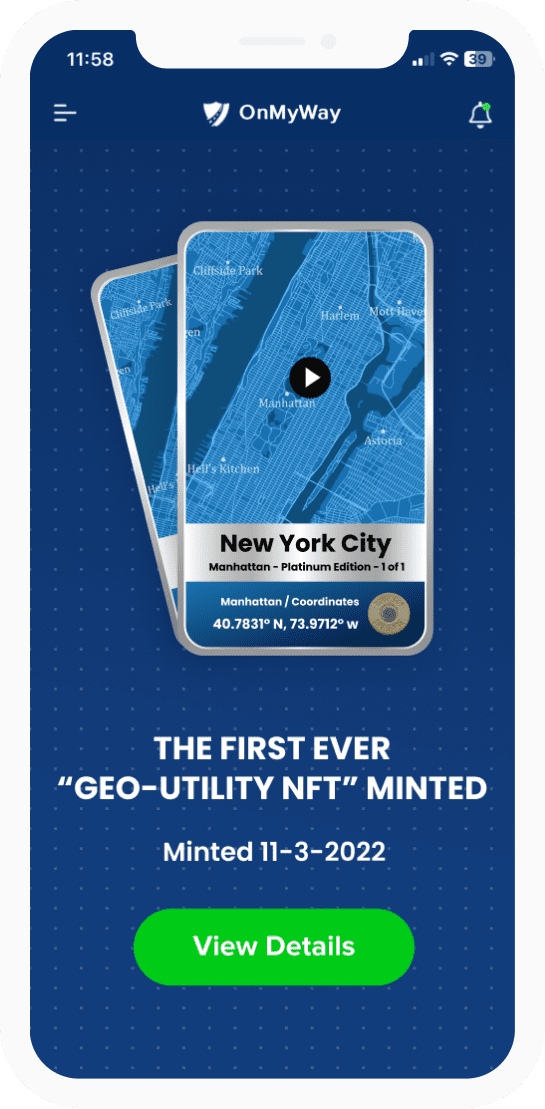
Jimmy Carter took great pride in pointing out that the United States didn’t start any new wars during his term as president. But after he left office, he launched a war against “neglected” diseases — diseases in far-off lands that most Americans will never suffer from and may not have even heard of. Diseases like lymphatic filariasis, trachoma, river blindness, schistosomiasis … and a disease caused by a nasty little bug called a Guinea worm.
Guinea worms are spread through contaminated drinking water and eating undercooked fish. The female worms, which can be up to three feet long once mature, cause incredibly painful, open blisters usually on the infected person’s lower legs and feet — through which the worms emerge. It can take a toll for weeks or months, and sometimes permanently.
If someone with Guinea worm has contact with water — perhaps to cool the burning pain caused by a worm’s emergence — the worm may release tens of thousands of baby worms, contaminating the whole body of water.
The effort to end this disease did not rely on high-tech methods. “Guinea worm disease has no cure, no vaccination, basically the entire eradication effort is built on behavior change,” said Kelly Callahan, a public health worker who spent years fighting Guinea worm disease in southern Sudan with the Carter Center, the charity the ex-president and his wife created in partnership with Emory University.
That has meant teaching people in vulnerable areas to filter their water and giving them the low-cost tools to do so.
A NOBEL PRIZE WINNER
After his presidency, Carter became one of the most admired people in the world. For decades, he volunteered for Habitat for Humanity, a nonprofit organization that builds homes for families in need. He also monitored elections abroad to ensure their fairness and safety.
In 2002, Carter received the Nobel Peace Prize. The Nobel committee acknowledged his “untiring effort to find peaceful solutions to international conflicts, to advance democracy and human rights, and to promote economic and social development.”
Carter has been married to his wife, Rosalynn, for more than 76 years. The couple, who have known each other since childhood, have four children.
After battling cancer and other ailments for several years, Carter recently announced that he would discontinue medical treatment and seek hospice, or end-of-life, care at home.
Without elaborating, Biden added that Carter’s medical team had “found a way to keep him going for a lot longer than they anticipated because they found a breakthrough” after an 18 February announcement that he had chosen to receive hospice care at his home in Plains, Georgia, following a series of hospital visits.
People often die within a relatively short time of opting for hospice care, but that is not always the case.
Carter made the decision to be in home hospice care after his health had been in decline for years. He was diagnosed in 2015 with skin cancer that had spread to his liver and brain. He underwent treatment, and his cancer was declared to be in remission by the end of that year.
Then, after a series of falls in 2019, Carter had surgery to relieve pressure created by bleeding in his brain.
Carter’s reported request for Biden, 80, to deliver his eulogy came after the two politicians have spent decades fostering a personal relationship. Biden, as one of Delaware’s US senators, endorsed Carter when the former governor of Georgia ran for president in 1976 and defeated the incumbent Gerald Ford.
When Biden ran for president and defeated the Republican incumbent Donald Trump in 2020, Carter and his wife, Rosalynn, endorsed him. Carter’s endorsement came in the form of a video played at the Democratic national convention, in which he described Biden as his “first and most effective” Senate supporter.
Carter won that election. He served as the 39th president during the turbulent late 1970s before losing reelection to Ronald Reagan in 1980. In the decades that followed, Carter worked to advance democracy and health initiatives around the world — work for which he was awarded the Nobel Peace Prize in 2002.
Some Carter family members have confirmed that the former president will have a state funeral in Washington, D.C., along with a private funeral and burial in Plains. Former and sitting presidents often speak at the state funerals of their predecessors, sometimes even crossing the political aisle.
Clinton spoke at Republican Richard Nixon’s funeral in 1994. Carter in 2007 eulogized Republican Gerald Ford, the man he defeated to win the presidency. The erstwhile rivals had become close friends after their presidencies and had agreed that the surviving president would pay tribute at the other’s funeral. When George H.W. Bush died in 2018, fellow Republican Donald Trump attended as sitting president but the only former president to speak at Washington National Cathedral was the elder Bush’s son, George W. Bush.
OVERVIEW
OnMyWay Is The #1 Distracted Driving Mobile App In The Nation!
OnMyWay, based in Charleston, SC, The Only Mobile App That Pays its Users Not to Text and Drive.
The #1 cause of death among young adults ages 16-27 is Car Accidents, with the majority related to Distracted Driving.
OnMyWay’s mission is to reverse this epidemic through positive rewards. Users get paid for every mile they do not text and drive and can refer their friends to get compensated for them as well.
The money earned can then be used for Cash Cards, Gift Cards, Travel Deals and Much, Much More….
The company also makes it a point to let users know that OnMyWay does NOT sell users data and only tracks them for purposes of providing a better experience while using the app.
The OnMyWay app is free to download and is currently available on both the App Store for iPhones and Google Play for Android @ OnMyWay; Drive Safe, Get Paid.
Download App Now – https://r.onmyway.com
Sponsors and advertisers can contact the company directly through their website @ www.onmyway.com

OnMyWay is the Only Texting and Driving Solution That Pays
Trusted and 



